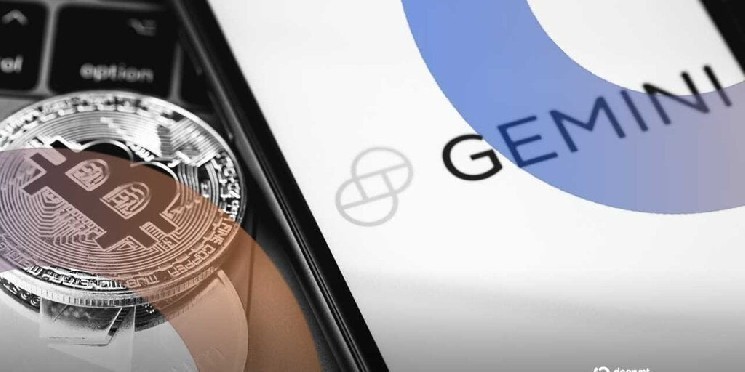Crypto exchange Gemini announced on Wednesday that it is bolstering its services in the island nation after securing formal registration with the country’s anti-money laundering regulator, as new rules governing crypto exchanges are set to take effect.
Gemini’s local entity, Gemini Intergalactic Australia, Pty Ltd, is now registered with AUSTRAC, Australia’s financial intelligence and anti-money laundering regulator, which requires registration before offering crypto exchange services.
Prior to this, users in Australia were able to access the Gemini platform on a self-directed basis under its global entity, Decrypt was told.
The Australian government introduced a draft law last month, seeking to extend financial services oversight to crypto firms, which would require them to hold licenses under the Corporations Act.
“Our decision to expand into Australia has been in motion for some time,” Saad Ahmed, head of APAC at Gemini, told Decrypt. “While we welcome the government’s efforts to strengthen oversight of the sector and remain committed to full compliance, our focus on Australia stems from its strong market potential.”
The exchange formally entered the Australian market in 2019, allowing users to trade a select number of cryptocurrencies, including Bitcoin and Ethereum. Its registration is part of a formal process being directed to all Australian crypto businesses.
As part of the changes, James Logan, former Country Manager for Luno in Australia, has been appointed Head of Australia at Gemini. Logan also previously held a role at Bitget, where he worked on expanding digital asset access to customers.
Gemini will now let Australian users trade directly in Australian dollars through local banking integrations, including NPP for instant transfers and PayID for simplified account payments, removing the need for cross-border transfers to Gemini’s U.S. accounts.
Asked what could set Gemini apart in Australia’s increasingly competitive crypto market, Ahmed said that the crypto exchange is touting a “combination of liquidity, regulatory rigor, and brand trust,” adding that Gemini is not the “cowboy-type” operator that could, at times, be seen in the space.
“That pedigree holds a lot of weight, especially in a market like Australia,” Ahmed said in an interview with Decrypt during Token2049 in Singapore.
Ahmed subsequently told Decrypt the exchange’s decision to expand into Australia “has been in motion for some time,” adding that its focus on the region “stems from its strong market potential and Gemini’s mission to build a secure, trusted ecosystem for both retail and institutional users.”
Before their local entry, Australian users were able to access the Gemini platform “on a self-directed basis under our global entity,” Ahmed said, noting that the process of funding their accounts through SWIFT transfers to U.S. banks was inefficient and cumbersome compared to the new locally integrated system.
Asked about Gemini’s long-term plans in the country, Ahmed confirmed that the crypto exchange is also applying for an Australian Financial Services Licence from ASIC, the country’s financial markets regulator, to expand into regulated products such as derivatives for wholesale clients.
Australia has become one of the most active crypto markets globally, with 22% of the population owning digital assets, according to Gemini’s Global State of Crypto 2025 report.
The figure aligns with adoption levels in the U.S. and reflects the country’s increasing retail and institutional interest in crypto.

